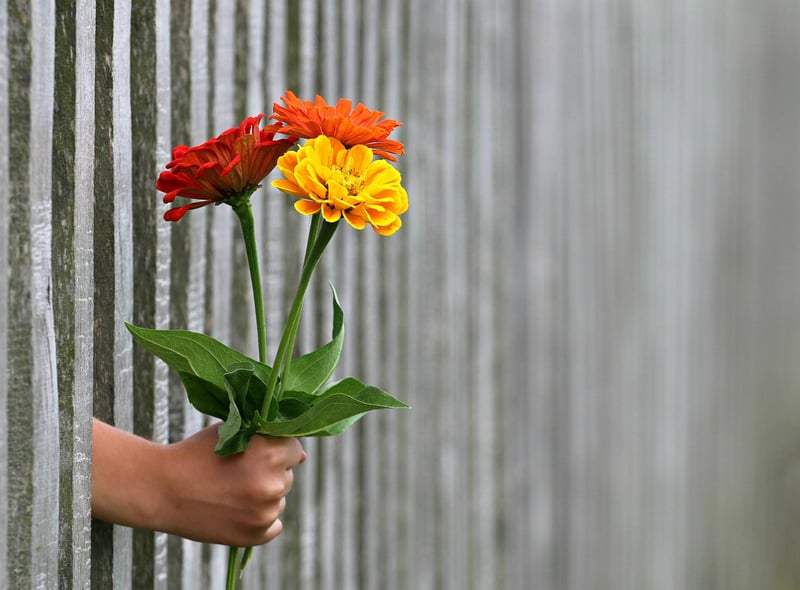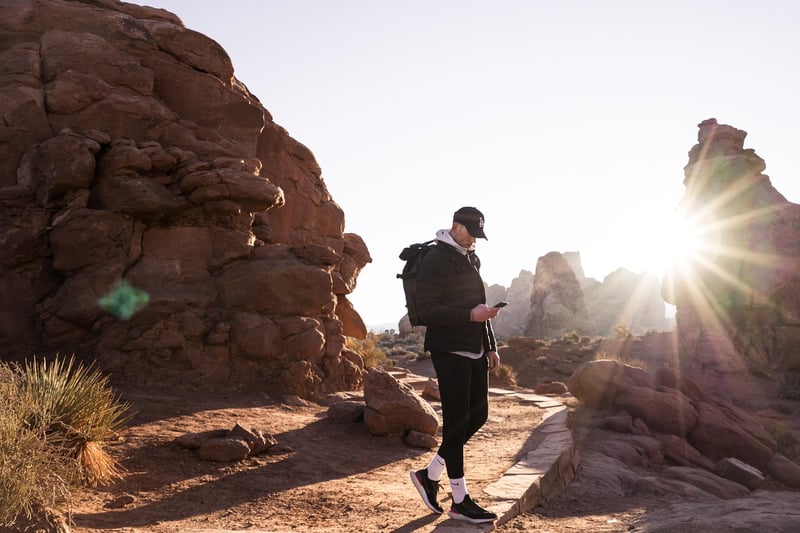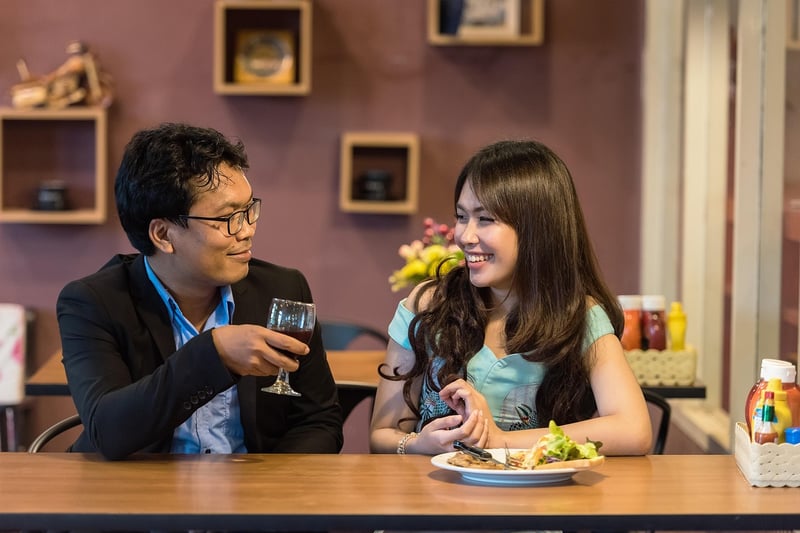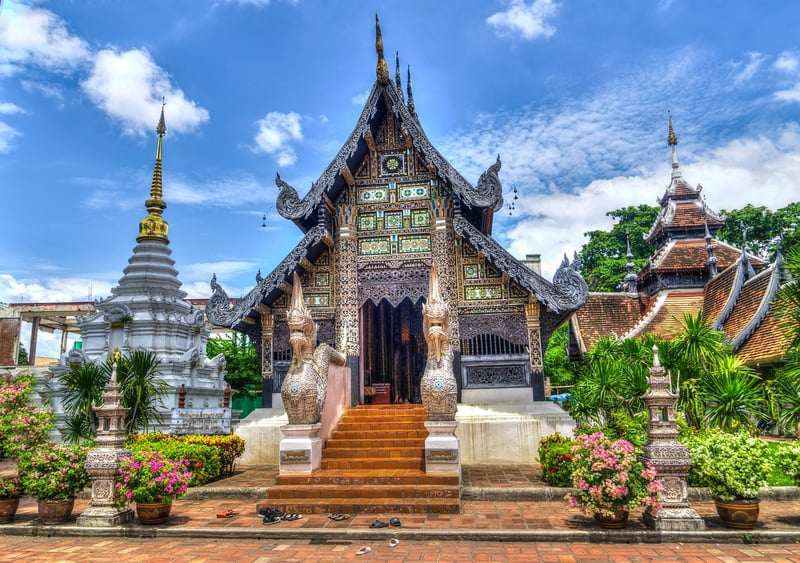Local Customs
Prepare for Your Journey: Local Customs Guide
Introduction
Embarking on a journey to a new destination can be an exciting and enriching experience. To make the most of your travels and immerse yourself in the local culture, it's essential to understand and respect the customs and traditions of the place you are visiting. This guide will provide you with valuable insights into some common local customs around the world.
1. Greetings
One of the first things you'll encounter when interacting with locals is greetings. In many cultures, greetings are an important part of social interactions. For example, in Japan, a bow is a common form of greeting, while in India, a "Namaste" with folded hands is a respectful way to say hello.

2. Dress Code
Understanding the local dress code is crucial to show respect for the culture and avoid unintentionally causing offense. In conservative countries like Saudi Arabia, both men and women are expected to dress modestly, covering their shoulders and knees.

3. Dining Etiquette
Dining customs vary widely across different cultures. In France, it is considered rude to start eating before everyone is served, while in China, slurping your noodles is a sign of enjoying the meal. Be observant and follow the lead of your hosts or locals when dining out.

4. Gestures and Body Language
Body language can convey different meanings in various parts of the world. For instance, a thumbs-up gesture is positive in the United States but offensive in countries like Iran and Greece. It's essential to be mindful of your gestures to avoid misunderstandings.

5. Religious Customs
Religion plays a significant role in many cultures, impacting daily life and customs. When visiting religious sites or participating in ceremonies, be respectful of local customs and traditions. Modesty, removing shoes, or covering your head may be required in certain places of worship.

Conclusion
By familiarizing yourself with local customs before your journey, you can show respect for the culture you are visiting and create meaningful connections with locals. Embracing these customs will not only enhance your travel experience but also leave a positive impression on the communities you encounter along the way.
